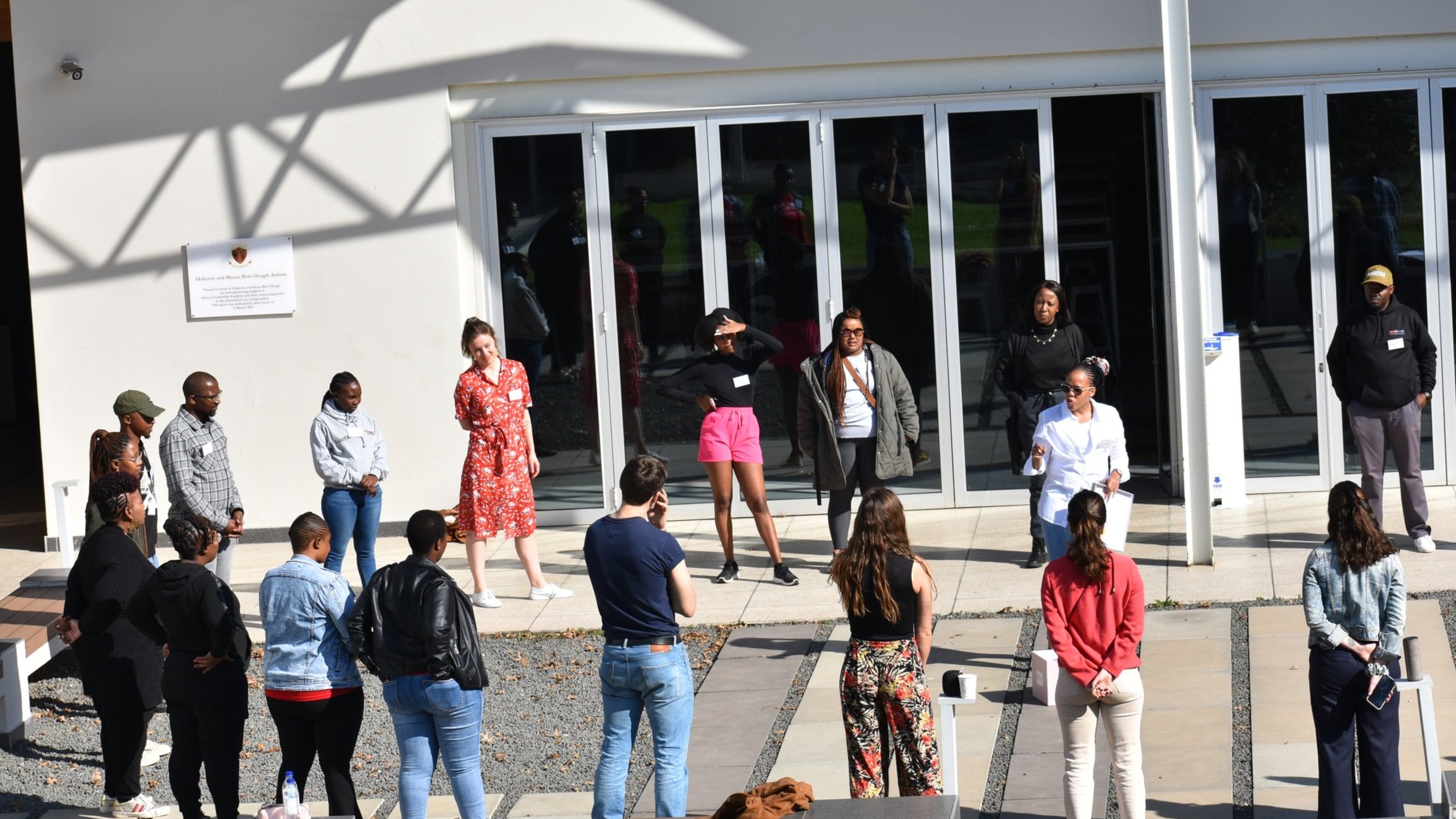
What is facilitation?
“The art of unleashing the power of a group through dialogue and the pursuit of clarity encouraging active participation, and harnessing the richness of diverse perspectives. Facilitation unlocks the multi-faceted potential of a team.”
Facilitation supports a group in achieving desired goals within a change process, workshop, initiative, or meeting. Much like a mountain guide, a facilitator is familiar with the terrain, aware of hidden dangers, and offers necessary support, but the journey is made by the group itself. The facilitator charts a path that everyone can follow.
A facilitator plays a crucial role in ensuring the success of a group effort. They are neutral and impartial, ensuring fair and unbiased guidance. Facilitators possess a deep understanding of change processes, group dynamics, and conflict resolution. They are skilled in a wide range of methods suitable for meetings, workshops, and conferences. Moreover, a strong presence and an empathetic attitude towards everyone and everything characterize a good facilitator. The primary tasks of a facilitator include:
Selecting Methods: Choosing appropriate methods and layout a workshop design accordingly.
Designing the Space: Organizing the physical layout and seating arrangements to support the group's work.
Enabling Equal Participation: Ensuring everyone has the opportunity to contribute.
Balancing Power Differences: Addressing and mitigating disparities in influence among participants.
Maintaining Focus: Keeping the group aligned with the purpose and topic.
Inviting Diversity: Encouraging a wide range of perspectives and ideas.
Facilitating Alignment: Helping the group reach consensus and clarity.
Managing Time: Effectively overseeing the allocation and use of time.
Holding the Space: Creating and maintaining a conducive environment for discussion and collaboration.
Hosting and designing a workshop is hard work and can be very impactful if done right. However facilitation requires confidence and competence, which is why we are dedicated to helping individuals develop these essential skills.

